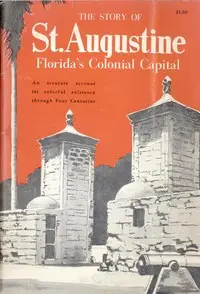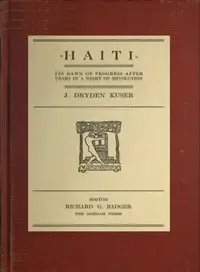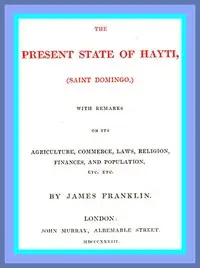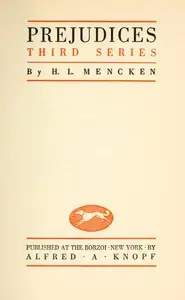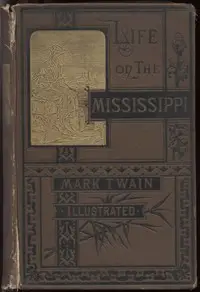"Self-Determining Haiti" by James Weldon Johnson is a collection of articles written in the early 1900s that explains the story behind of the U.S. taking control of Haiti starting in 1915. With the original articles published in "The Nation", Johnson uses the text to uncover the political problems. The narrative highlights colonialism, economic exploitation, and how foreign powers impacted Haiti's ability to rule itself, particularly the National City Bank's interest in the area. Johnson exposes how the U.S. got involved in Haiti by talking about the revolt against Haitian President Vilbrun Guillaume Sam, making it clear that the U.S. was acting like an imperialist to take financial advantage of Haiti. Johnson criticizes America's military control, explaining how it threatened Haiti's independence and preparing the reader for an exploration of these themes throughout the book.

Self-Determining Haiti Four articles reprinted from The Nation embodying a report of an investigation made for the National Association for the Advancement of Colored People.
By James Weldon Johnson
Discover how a nation's quest for sovereignty was challenged by foreign powers seeking to control their land and economy.
Summary
About the AuthorJames Weldon Johnson was an American writer and civil rights activist. He was married to civil rights activist Grace Nail Johnson. Johnson was a leader of the National Association for the Advancement of Colored People (NAACP), where he started working in 1917. In 1920, he was chosen as executive secretary of the organization, effectively the operating officer. He served in that position from 1920 to 1930. Johnson established his reputation as a writer, and was known during the Harlem Renaissance for his poems, novel and anthologies collecting both poems and spirituals of Black culture. He wrote the lyrics for "Lift Every Voice and Sing", which later became known as the Black National Anthem, the music being written by his younger brother, composer J. Rosamond Johnson.
James Weldon Johnson was an American writer and civil rights activist. He was married to civil rights activist Grace Nail Johnson. Johnson was a leader of the National Association for the Advancement of Colored People (NAACP), where he started working in 1917. In 1920, he was chosen as executive secretary of the organization, effectively the operating officer. He served in that position from 1920 to 1930. Johnson established his reputation as a writer, and was known during the Harlem Renaissance for his poems, novel and anthologies collecting both poems and spirituals of Black culture. He wrote the lyrics for "Lift Every Voice and Sing", which later became known as the Black National Anthem, the music being written by his younger brother, composer J. Rosamond Johnson.


